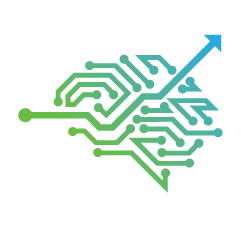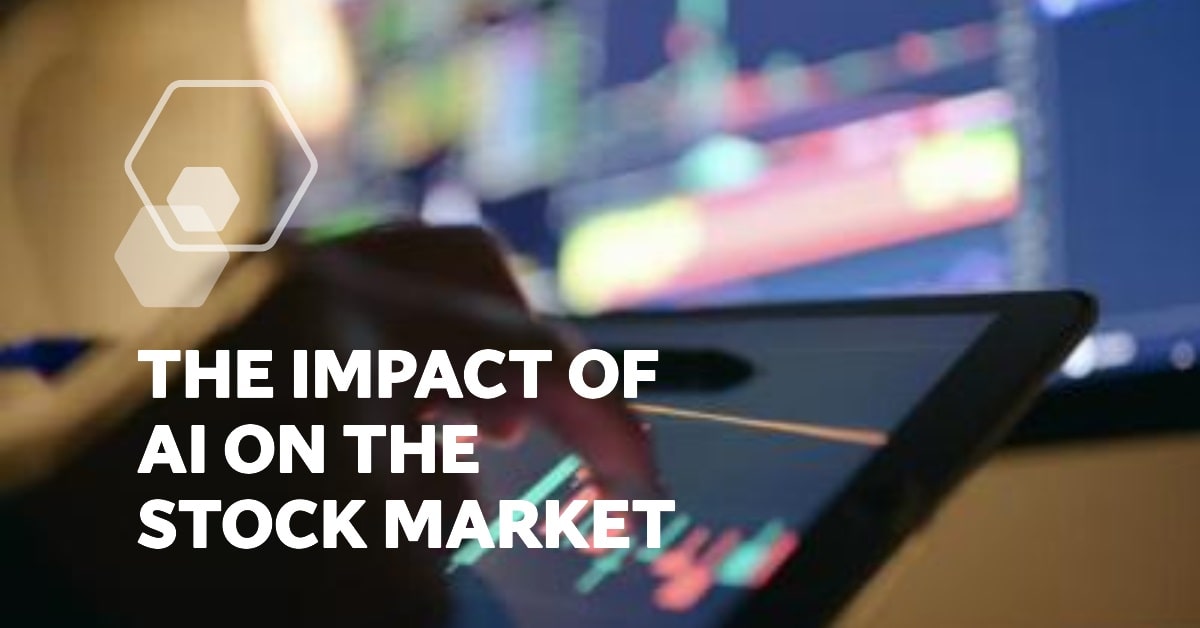Introduction
The stock market, a complex web of transactions, decisions, and emotions, has always been influenced by technology. From the telegraph to the internet, each technological advancement has left its mark on how stocks are traded and how investors make decisions. In recent years, the rise of Artificial Intelligence (AI) has sparked debates and discussions about its role in the stock market. Does AI control the stock market? To answer this, we need to delve into the various ways AI interacts with, influences, and sometimes even dominates market dynamics.
How AI is Used in the Stock Market
Algorithmic Trading
The stock market has seen a significant transformation with the integration of advanced mathematical models and algorithms, particularly in the realm of trading. Algorithmic trading represents this shift, where decisions are made and executed at speeds previously thought impossible for human traders.
- High-Frequency Trading (HFT): A specialized form of algorithmic trading, HFT operates in the realm of milliseconds. These strategies are designed to identify and act upon minuscule price differences, offering profit opportunities that are beyond the reach of manual trading methods.
- Predictive Analysis: Leveraging vast datasets, certain algorithms are tailored to forecast short-term price shifts. By combing through diverse sources like news outlets, financial disclosures, and even the pulse of social media, these tools provide a nuanced understanding of market sentiment.
Robo-Advisors
In the realm of personal finance and investment, robo-advisors have emerged as pivotal players. These digital platforms, driven by sophisticated algorithms, offer financial planning services with minimal human intervention. By evaluating an individual’s financial landscape and objectives, they craft and implement tailored investment strategies. Their influence might not directly steer the market’s direction, but they undeniably shape the investment patterns of a growing number of individuals.
Advanced Analytics in Risk Management
Risk management, a cornerstone of financial decision-making, has been enhanced with the integration of advanced analytics. Financial institutions and traders harness these tools to delve into historical data, seeking patterns and indicators of potential market shifts. By identifying possible downturns or volatility spikes in stocks or broader market indices, these analytics empower stakeholders to make decisions grounded in data-driven insights.
The Limitations of AI in the Stock Market
While sophisticated algorithms and machine learning models have brought about significant advancements in trading and market analysis, they are not without their shortcomings. Understanding these limitations is crucial for traders and investors who rely on these tools.
Over-reliance on Algorithms
The allure of automated systems, with their speed and precision, can sometimes lead to an over-dependence. This over-reliance can be detrimental, especially when multiple systems react simultaneously to the same market signals. Such scenarios can result in flash crashes or other market anomalies, as algorithms might not always account for the broader implications of their collective actions.
Absence of Emotional Insight
Markets, at their core, are driven by human emotions such as fear, greed, and optimism. Advanced systems, despite their analytical prowess, lack the intuitive understanding of these emotional undercurrents. This absence can sometimes lead to misinterpretations, especially during events driven by human sentiment rather than quantifiable data.
Predictability and Potential Exploitation
When a significant portion of the market employs similar technological strategies, it introduces a level of predictability. Savvy traders, recognizing these patterns, might exploit this predictability, leading to potential market manipulations. This uniformity in strategy can inadvertently create vulnerabilities in the market ecosystem.
Adaptability Concerns
While machine learning models are designed to learn and adapt, their learning is confined to the data they’re trained on. Unexpected market events or black swan occurrences, which lie outside their training data, can catch these systems off guard, potentially leading to suboptimal or even detrimental trading decisions.
Does AI Truly Control the Stock Market?
The influence of sophisticated algorithms and machine learning on the stock market is undeniable. They’ve revolutionized trading strategies, risk assessment, and predictive analysis. However, the question remains: Do these technologies truly hold the reins of the stock market?
Human Influence and Decision-making
Despite the advancements in technology, human decisions remain at the core of many market movements. Institutional decisions, governmental policies, and reactions to global events are often driven by human judgment. These decisions, influenced by emotions, intuition, and experience, play a significant role in market dynamics, often overshadowing algorithmic actions.
Market Complexity
The stock market is a complex ecosystem with countless variables. While advanced systems can process vast amounts of data and recognize patterns, they cannot account for every variable. Unpredictable events, from natural disasters to geopolitical tensions, can sway the market in ways that technology might not anticipate.
Regulatory Checks and Balances
Financial markets around the world are governed by regulatory bodies that implement checks and balances. These entities ensure that no single technology or entity gains undue control over the market. Regulations, such as those limiting certain types of high-frequency trading, are in place to prevent technological domination and maintain market integrity.
Collaborative Dynamics
Rather than viewing the relationship as one of control, it might be more accurate to see it as a collaboration. Advanced technologies provide tools and insights, but human traders, analysts, and decision-makers use these tools to act. This symbiotic relationship ensures that while technology plays a pivotal role, it doesn’t overshadow the human element.
Conclusion
The integration of sophisticated algorithms and machine learning into the financial realm has undeniably reshaped the landscape of trading and investment. These advanced technologies have introduced unprecedented levels of efficiency, precision, and data-driven decision-making. However, it’s essential to recognize that the stock market, with its myriad complexities and variables, cannot be solely governed by technology.
Human intuition, experience, and judgment remain irreplaceable components in this intricate tapestry. While technology offers tools and insights, the human touch interprets, strategizes, and ultimately drives many pivotal decisions. The future of the stock market, therefore, lies in the harmonious coexistence of man and machine. It’s a future where technology augments human capabilities, but the essence of trading—rooted in human emotions, aspirations, and judgments—remains intact. In this evolving dance, balance is key, ensuring that neither technology nor human insight overshadows the other, but instead, they work in tandem to shape a resilient and dynamic financial future.
FinBrain Technologies
99 Wall St. #2023
New York, NY 10005


Leave a Reply